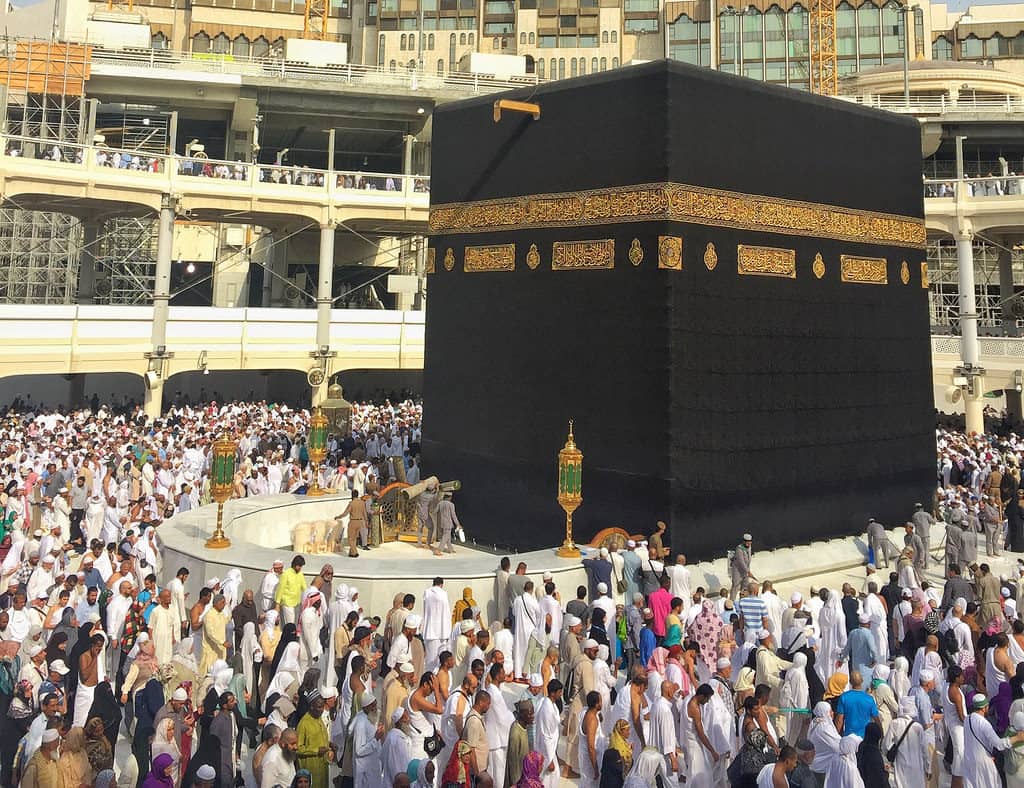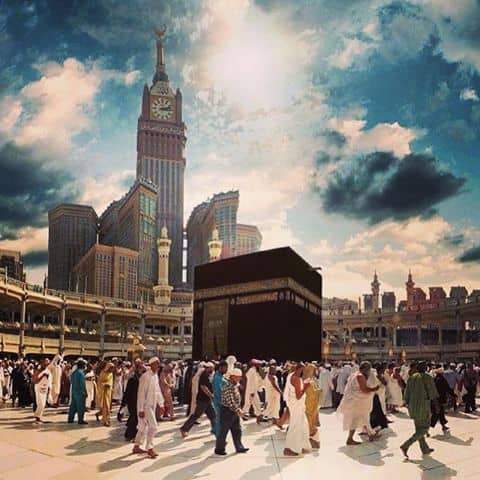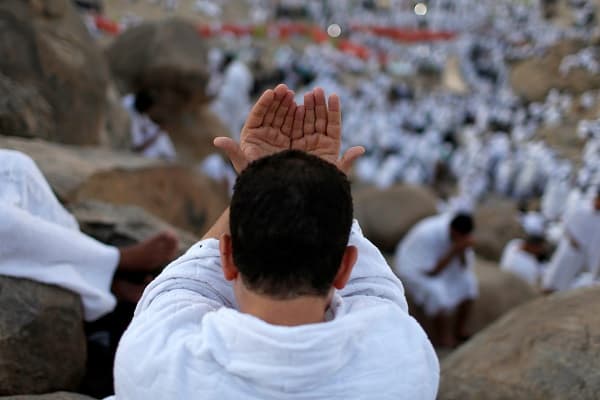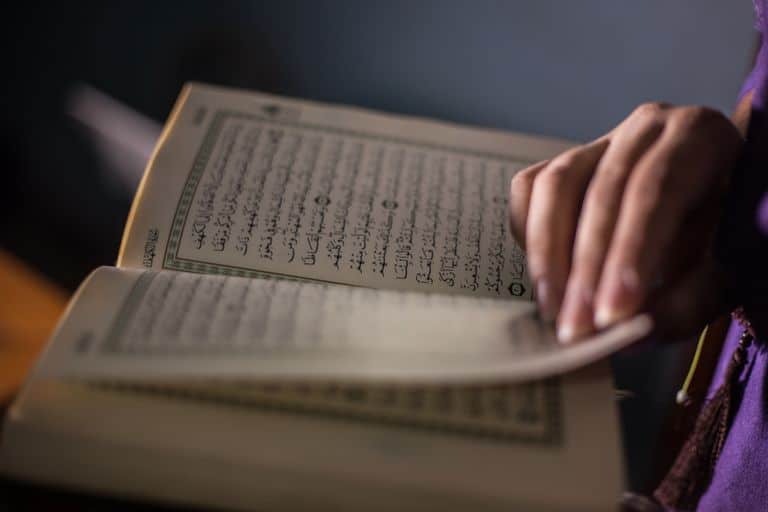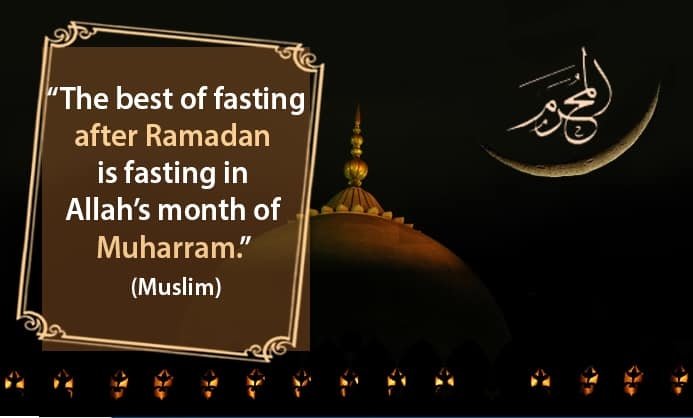Every religion has its foundation on which people live their lives. Just like religion, Islam has five pillars which are the foundation of Muslims life and they are required to follow them with utmost devotion, love, and obedience. If the believer wants to establish a strong and stable relationship with his/her Lord then must observe these five pillars and implement them in life for the sake of Almighty Allah. The five pillars are also considered the important acts of worship that develop the Muslim character and strengthen Islam. Muslims are commanded by Allah Almighty to carry out these duties and to follow the Sunnah of Prophet Muhammad (SAW) in the manner He (SAW) performed His duties.
There are five pillars of Islam to which all Muslim Ummah should adhere. The first pillar is the Shahadah, which is the confession of faith; there is no God but Allah and Muhammad (SAW) is His last Prophet. Under this pillar, all other obligations are incorporated, for to believe in Allah and Muhammad (SAW) as His Prophet is to obey their teachings and the example of Muhammad’s life. The second pillar is the Prayer (Salah), as a Muslim, we have to pray five times a day which is the source of the direct link between Allah Almighty and His slave. These five prayers contain verses from the Quran and are said in Arabic, the language of the Revelation. Personal supplications, however, can be offered in one’s own language and at any time.
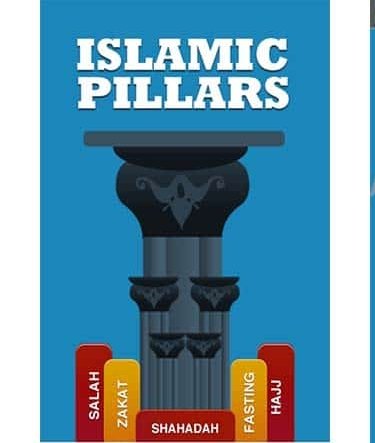
The third pillar is the Zakah (Charity), which reminds richer Muslims of their duty to the poor and strengthens the feelings of brotherhood among Muslims. The fourth pillar is the Fasting, which entails abstaining from food, drink, and sexual intercourse from dawn until sunset with the intention of attaining nearness to Allah Almighty. It is obligatory every day throughout the lunar month of Ramadan. The last and fifth pillar of Islam is Pilgrimage (Hajj), which is the obligation only for those who are physically and financially able to do so. Nevertheless, over two million people go to Makah each year from around the globe providing a unique opportunity for those of different nations to meet one another. It makes them focus on Allah and teaches the importance of sacrifice.
Benefits of Five Pillars of Islam
Below we will discuss the benefits of each one of the five pillars of Islam.
Shahadah: The first pillar of Islam has some benefits that are mentioned below:
- This pillar reminds the Muslims of the purpose of their life which is to worship Allah Almighty alone.
- It produces a high degree of self-respect and confidence while remaining humble and modest.
- It makes us complete surrender to the will of Allah and becoming His true servant
- A person will feel more liberated, freer when submitting to the will and command of his creator.
Prayer (Salah): Prayer is the second pillar of Islam its benefits are mentioned below:
- Prayer enriches the soul by giving peace and contentment.
- It purifies the heart from the effects of indolence and sin by providing a continuous opportunity for communication with Allah and for repentance.
- It lightens up our body and gives us positive energy.
- Praying five times a day at their particular time brings discipline and consistency in our lives which are essential qualities for a successful life.
- It raised brotherhood, equality, and humility between the Muslims.
- Through prayer, a believer acquires spiritual awareness.
Zakah (Charity): Zakah is the third pillar of Islam some of its benefits in Muslim’s life are mentioned below:
- Zakah teaches us to share what Allah Almighty has granted us to take care of those who are less fortunate.
- It also helps us avoid being selfish.
- It also develops the personality of the poor person by providing for him a sense of solidarity with others in society.
- It increases wealth and allows it to be blessed.
- Zakah maintained a balance in society.
- It reminds blessings of Allah and encourages being grateful to Almighty Allah.
Fasting: The fourth pillar of Islam is fasting which has so many benefits some of them are given below:
- Fasting develops willpower and teaches patience.
- It is a way of recognizing the blessings of Allah Almighty that surround us but we don’t give them importance.
- It purifies the soul and helps to acquire obeying Almighty Allah by restraining desires, and promotes steadfastness.
- Fasting is healthy which is proven scientifically.
- Fasting provides an opportunity for complete devotion to Allah.
Pilgrimage (Hajj): The fifth pillar of Islam is Hajj (Pilgrimage), benefits of Hajj are mentioned below:
- Hajj emphasizes the Islamic characteristics of unity and equality among Muslims while at the same time proclaiming the absolute unity of Allah.
- The Hajj is a weighty spiritual and emotional event that remains a part of the believer for the rest of his/ her life.
- Hajj is a cultural journey for Muslims during which racial, gender and economic differences are subdued as commonalty of Muslims from many nations together to worship Allah.
- Hajj is an ultimate challenge where Allah (SWT) takes the believer to the peak of his/her ability and sacrifice.
- The biggest part of sacrifice is controlling the temper in the days of Hajj.
